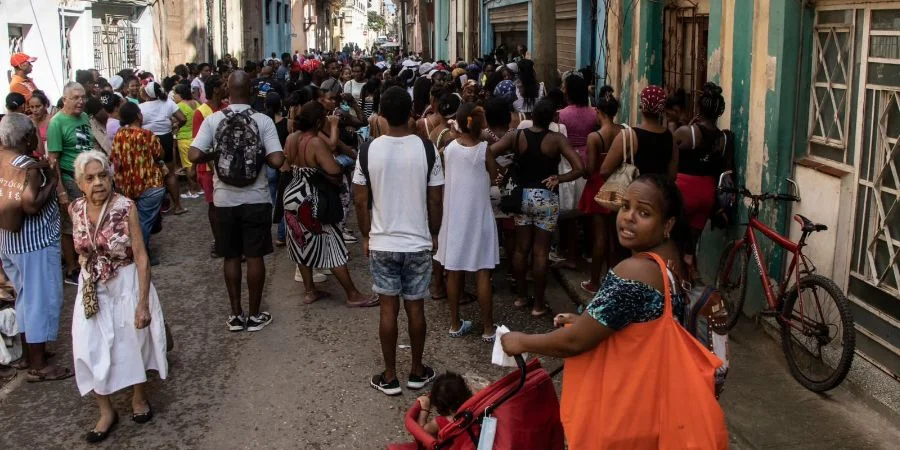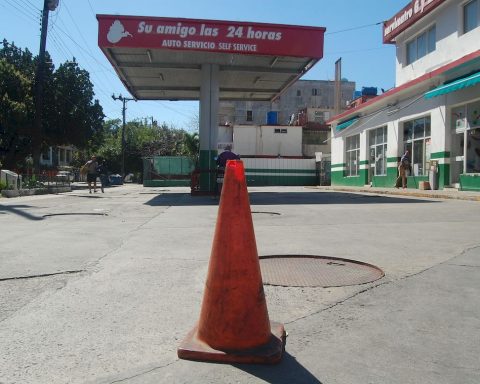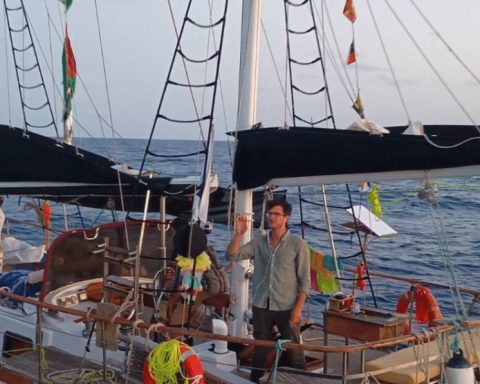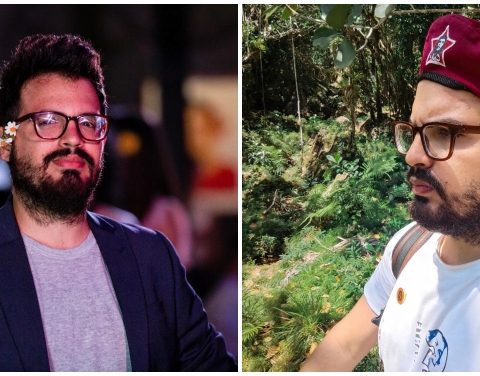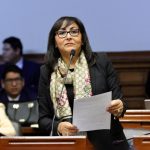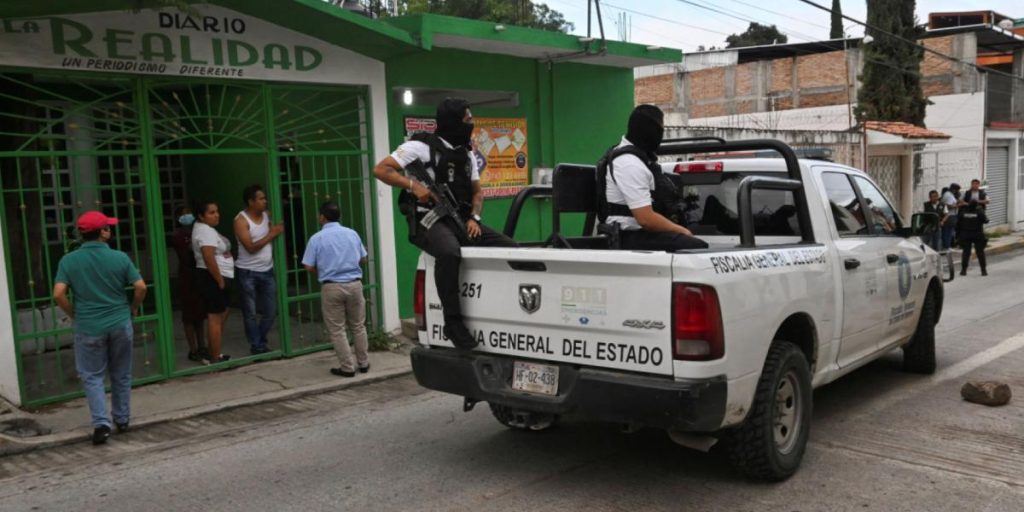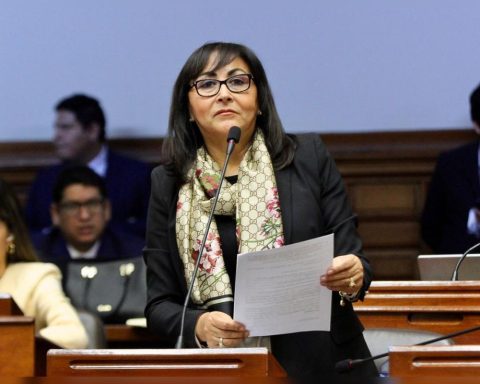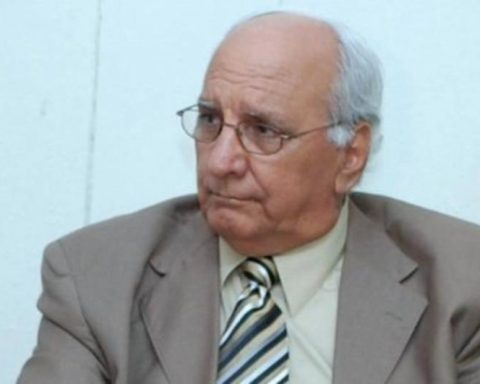MIAMI, United States. – The Academic Freedom Observatory (OLA) harshly criticized the recent report presented by the Cuban Government to the Committee for the Elimination of Discrimination against Women (CEDAW, for its acronym in English).
Despite the fact that the Cuban State presented its IX Report on October 18 in Geneva, Switzerland, and highlighted “undeniable progress in the protection and promotion of all human rights for all people, particularly women and girls,” The OLA emphasizes that none of the tools mentioned by the Government, such as the 2019 Constitution or the National Program for the Advancement of Women (PAM), meet the “first and main requirement recommended by CEDAW: a Comprehensive Law against Gender Violence”.
In its own report sent to CEDAW, the OLA, in alliance with the Observatory of Cultural Rights (ODC), the 4Métrica Foundation, Civil Rights Defenders, the Hannah Arendt Institute of Artivism (INSTAR) and the independent media The Sneezestates that government provisions are insufficient in the face of the “uncontrollable deterioration of the scenario under scrutiny in that international instance.”
“State permissiveness causes agencies such as the Ministry of Education (MINED), the Ministry of Culture (MINCULT), the Union of Writers and Artists of Cuba (UNEAC) and the Hermanos Saíz Association (AHS) to support and maintain in their ranks predatory and abusive,” the document specifies.
The OLA report shows, through specific examples, the normalization of violence against women in Cuba and how many cases are reduced to complaints on social networks, without the punitive action of the competent authorities. “In the absence of a Comprehensive Law against Gender Violence, the spaces where the country’s cultural life takes place… constitute a kind of zone of tolerance for the violation of women’s rights and, with it, for marginalization of their enjoyment of cultural rights.”
Furthermore, the OLA points out the deterioration of the educational system, where episodes of harassment and sexual violence are an active part of daily life. “Cuban educational environments intended for any type and level of teaching are extremely unsafe with respect to incidents of harassment and violence against girls, adolescents, young people and women students and teachers,” the report states.
The organization denounces that the authorities are complicit by treating the cases “with tweezers” and creating “a veil of secrecy in this regard, with the intention of not seeing the prestige of their educational system compromised in the international community.” This results in the fact that, commonly, the perpetrators of these crimes are imposed light sanctions and are eventually reintegrated into the educational space, with “the need to occupy teaching positions prevailing over the potential risk involved in job relocation.”
The OLA also highlights the lack of updated statistics on the incorporation of Afro-descendants at different levels of education, which makes it difficult to create a real map on equal opportunities for all women. Likewise, it criticizes that, although the Government mentioned the implementation of Resolution No. 16/2021 of the Ministry of Education on education with a gender perspective, “in that same year its application was declared postponed indefinitely.”
“It can be stated that there is no political will to apply it since, if it were to do so, the Cuban State would face tenacious resistance from the conservative and religious sectors in the midst of the permanent social volatility in which Cuba survives. The official silence in this regard is noteworthy after communicating, in September 2021, the postponement of its implementation,” the report describes.
As a result of the complaints presented by the OLA and other civil society organizations, CEDAW published final considerations critical of the Cuban Government, which contrasts with its usual permissiveness with respect to the official narrative. Among the recommendations, the State is urged to intensify efforts to guarantee the retention and reintegration of pregnant girls and young mothers into the educational system, guarantee educational access for women and girls with disabilities, and prioritize the implementation of sexual education programs with gender approach.
